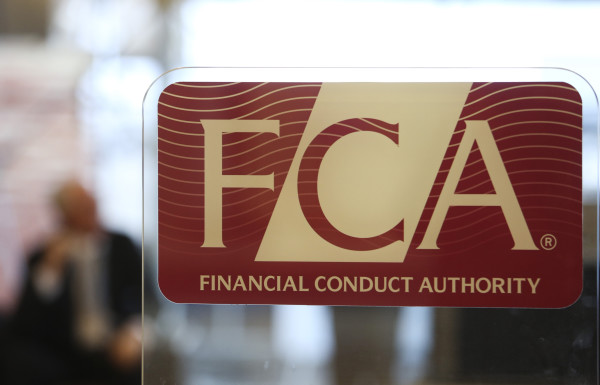

The Financial Conduct Authority has said it will introduce its new definition of advice from Wednesday 3 January.
It has published a policy statement on the implementation of several changes which stemmed from the Financial Advice Market Review.
As part of this it has amended its handbook to change the definition of financial advice, meaning only advice which offers a personal recommendation will be considered regulated.
Any service a regulated firm offers which does not offer a personal recommendation will be considered guidance.
As part of its proposals the FCA had said those receiving guidance should have access to the Financial Ombudsman Service and the Financial Services Compensation Scheme.
Most of the industry representatives who responded to the FCA's consultation supported its proposals but some expressed concern about FSCS funding for claims relating to guidance falling disproportionately on advice firms.
In response, the FCA said: "We believe that any costs falling on the FSCS as a result of firm failures relating to guidance are likely to be minimal.
"The FSCS may pay compensation to an eligible claimant if it is satisfied that, amongst other things, the claim relates to activity conducted in connection with protected investment business or protected non-investment insurance business.
"Under our proposal, where a consumer makes a claim relating to guidance given by a firm that was conducting such business, we would require that the FSCS must treat the guidance as in connection with that business.
"We believe that the circumstances under which a firm would offer guidance that was not ‘in connection with’ designated investment business or protected non-investment insurance business would be very rare. Consequently, we believe that this is unlikely to represent a significant expansion in the scope of FSCS protection as compared to the status quo."
The FCA will also introduce rules which prevent firms which provide personal recommendations on retail investment products from soliciting or accepting inducements in connection with a firm’s wider advice business.
It also said it would add the findings rising from its experiences of its advice unit to its existing non-handbook guidance following a consultation in August but has not proposed any changes to this.
The FCA also said "nearly all" respondents supported its proposals for guidance on insistent clients, which had included the idea of separate suitability reports for advice which isn’t followed by their clients.
It had said advisers should ensure there is a clear distinction between the advice that is being acted against and any subsequent or concurrent advice.
In today's policy statement, the FCA said: "We do not agree that the insistent client guidance imposes new requirements or liabilities on firms. The guidance is designed to set out how firms may comply with certain existing obligations in the FCA Handbook when dealing with insistent clients.
"Guidance is not binding and need not be followed to achieve compliance with a particular rule or requirement but it indicates a possible means of compliance. It is open to firms to deal with clients in other ways that are consistent with our rules and principles."
But the FCA did provide more clarity on execution-only transactions and its relation to insistent clients.
It said: "If a firm offers a client a personal recommendation and then the client makes an execution-only transaction against the recommendation through the firm, then it is up to the firm to determine whether this guidance is relevant.
"If there is a clear separation between the advice and execution-only channels then the guiance may be less relevant although a firm always needs to consider the client's best interests rule."
The FCA has also proposed retiring two sets of guidance because of the impending introduction of Mifid II next month which, the regulator said, had made this guidance redundant.
It will apply to guidance issued in 2014 on inducements and conflicts of interest in retail investment advice and guidance issued in 2012 on the distinction between independent and restricted advice.
The FAMR report was published in March 2016 and made 28 recommendations aimed at closing the advice gap to achieve “a real improvement in the affordability and accessibility of advice and guidance to people at all stages of their lives”.
But advisers criticised the measures, with some branding them a “waste of time” and a “missed opportunity”. The FCA’s refusal to introduce a much-demanded 15-year long-stop to complaints was blamed on it cowing to “the consumer lobby”.
Among the concrete actions taken as a result of the review has been the creation of the advice unit at the FCA to provide regulatory feedback to firms developing automated models to deliver lower cost advice to consumers.
The FCA has also consulted on the creation of streamlined advice, which would allow advisers to focus on a limited number of their clients' needs.
A progress report published by the FCA in April, to mark a year since the publication of the report, found 10 of the 28 recommendations had been completed, including the establishment of a working group, expanding the time limits for employees to attain a qualification and the regulator has worked with the industry to improve suitability reports.
damian.fantato@ft.com



